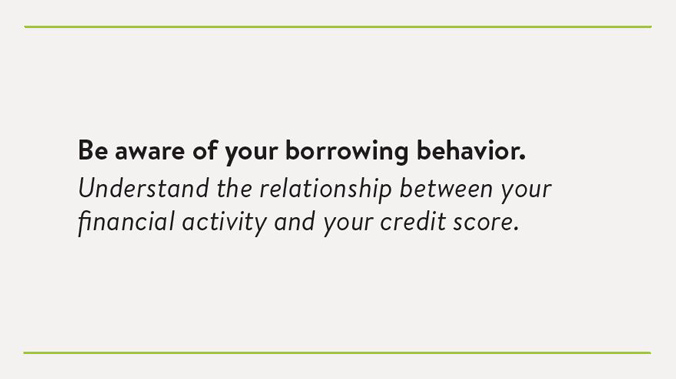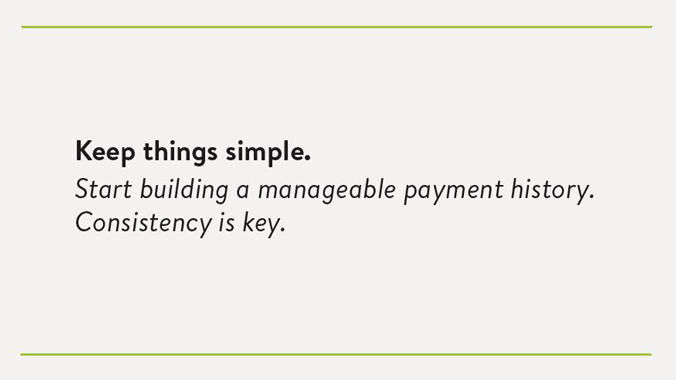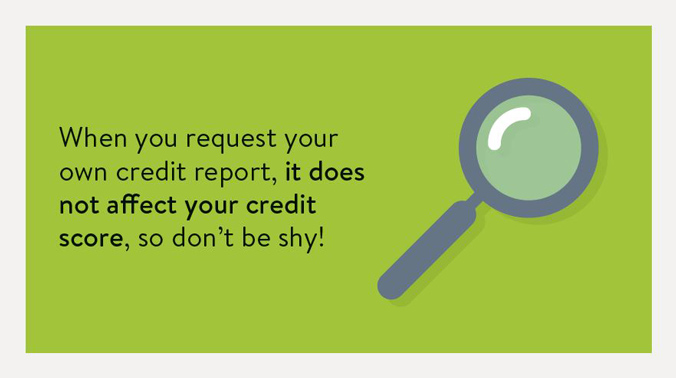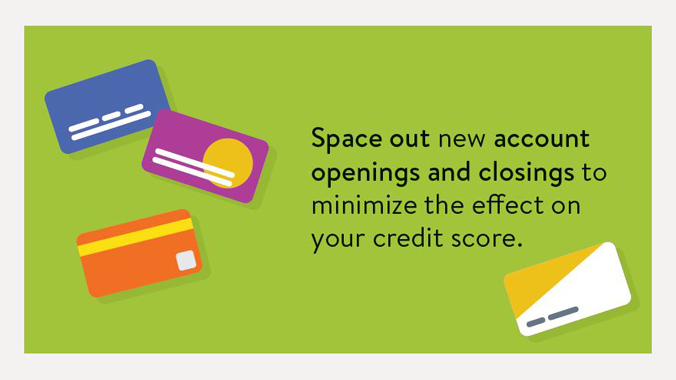 Dupaco’s Noah Kachelski discusses the importance of building credit with Dupaco member Emily at the Pennsylvania Avenue branch in Dubuque, Iowa. (M. Blondin/Dupaco photo)
Dupaco’s Noah Kachelski discusses the importance of building credit with Dupaco member Emily at the Pennsylvania Avenue branch in Dubuque, Iowa. (M. Blondin/Dupaco photo)
Boost your credit score: 4 myths debunked
Knowing how to boost your credit score can feel like a mysterious quest.
Especially because there’s a lot of “credit score advice” floating around that can do more harm than good.
If you’re trying to build your credit, it can be challenging to separate fact from fiction.
That’s why we’ve rounded up four common credit score myths—and explained why they’re false:
Myth #1: You have no control over your score
Some factors that make this myth easy to buy into:
It’s OK to find credit scores confusing. But if you have an accompanying “there’s nothing I can do about it” mentality, ditch it.
Your credit score reflects your borrowing and repayment behaviors, and that means you have a lot more control over it than you might realize.
Myth #2: There’s a quick fix for your credit score
Although ads try to convince you otherwise, boosting your credit score doesn’t happen overnight.
The good news is that the things you can do to positively influence your score are simple and don’t require a lot of time—or even much effort.
The trade-off is that you’ll have to be patient while waiting for your new credit habits to take effect. Your credit score is more of a track record than a snapshot, so consistency is key.
Learn what makes up your score >
Myth #3: Checking my credit report will negatively affect my score
This myth comes from confusing two types of credit score inquiries:
- Hard inquiries are made by lenders or credit card companies when you apply for a new line of credit, such as a loan, new credit card or home loan.
- Soft inquiries are made by you or others for background check purposes (think potential employer or landlord).
Hard inquiries suggest you might be taking on more credit soon and usually lower your score by a few points. Soft inquiries, on the other hand, do not affect your credit score.
This means you have nothing to lose by accessing your score. In fact, doing so will help you understand your current credit activity and how you can boost your credit score.
Learn how to check your score for free >
There are some situations (like renting a car or a landlord running a credit check) where either a hard or soft inquiry can be made. In these cases, it’s a good idea to find out beforehand what kind of inquiry you can expect.
Myth #4: Opening or closing a bunch of credit cards will improve my score
Even though these actions are the opposite of each other, this myth is still widespread—and misleading.
This is because opening and closing credit cards affect several aspects of your credit score.
Opening new credit cards gives you more available credit, which in turn lowers your credit utilization ratio. This is a fancy term for the available credit you use each month.
For example, if you have one credit card with a $1,000 limit and charge $200 to your card that month, your credit utilization ratio is 20%.
Lowering that ratio is a good thing, so opening new credit cards to boost your score might seem like a solid strategy. But remember those pesky hard inquiries?
Opening a bunch of new credit cards means a sudden increase in hard inquiries. Each hard inquiry docks a few points from your score. And if many are made within a short time, it makes you look risky, which can further negatively influence your credit score.
So, closing a bunch of accounts must be the way to go, right?
Not quite.
Depending on the accounts you close, you could unintentionally raise your credit utilization ratio and shorten the overall length of your credit history. Both consequences lower your credit score.
The best approach is to space out any credit account openings or closings. Try timing them so that any short-term negative impact on your score won’t interfere with an upcoming car loan or home loan.
In other words:






